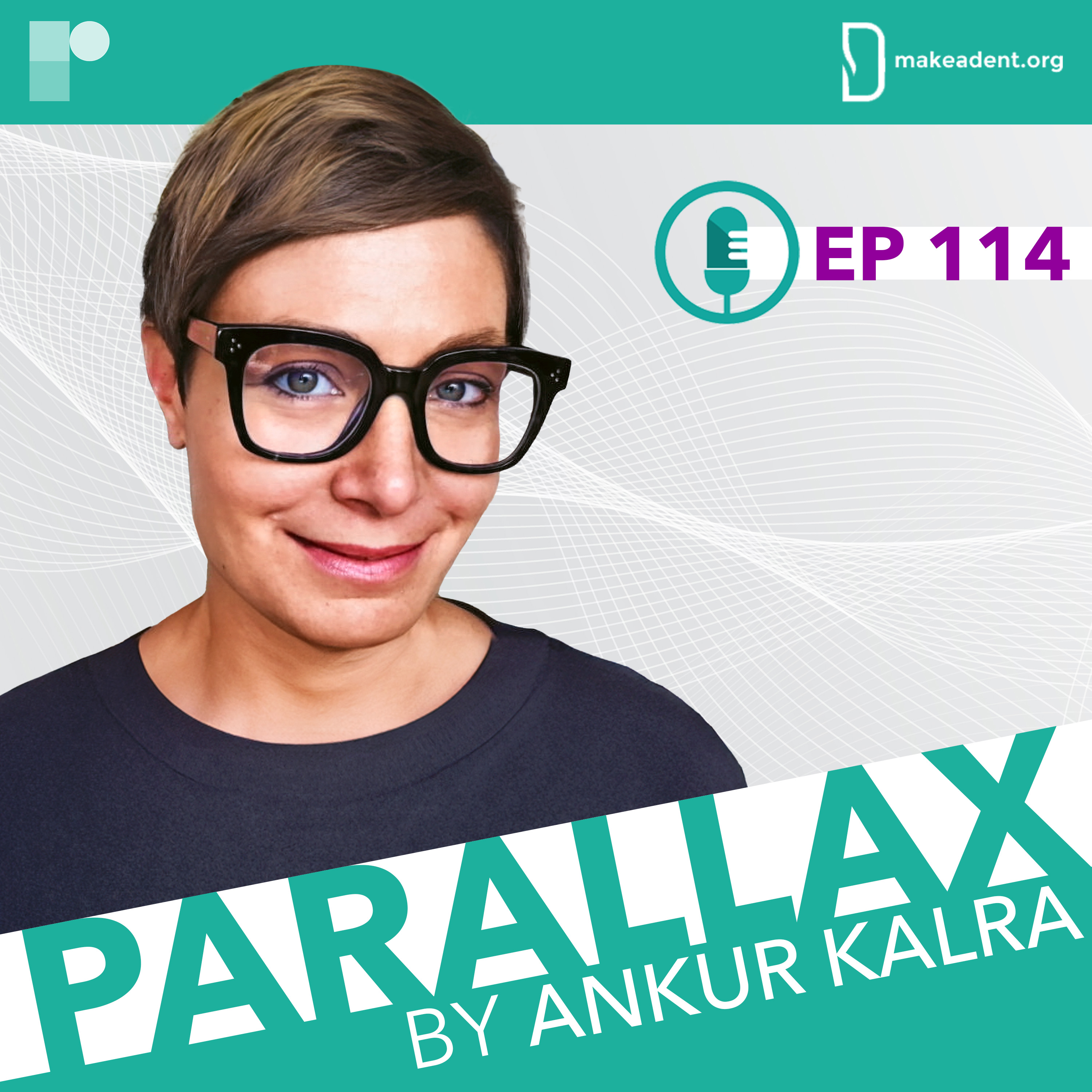
In this week’s Parallax, Dr Ankur Kalra welcomes back Shelley Wood, best known for her work in the cardiology community as the editor-in-chief of TCTMD and Editorial Director of CRF. They discuss her work as a creative author and her second novel, The Leap Year Gene of Kit McKinley, set to be published by Harper Collins in Canada and Union Square Press in the US in August 2024.
Blending the intrigue of a medical thriller with a sweeping overview of the twentieth century, The Leap Year Gene of Kit McKinley tells the story of Kit McKinley, whose rare genetic condition causes her to age one year for every four. In this rich discussion, Ms Wood shares how her extensive experience as a medical writer and editor shaped her approach to crafting the novel. Dr Kalra and Ms Wood also explore one of the book’s central themes: eugenics, tracing its historical roots and examining its long shadow on medicine. Ms Wood, who balances a demanding full-time job with her creative writing, shares candid insights into her routine and the challenges of writing and publishing fiction.
Tune in for an inspiring conversation about creativity, the human condition and balancing responsibilities.
To pre-order Shelley Wood new novel search for The Leap Year Gene/ The Leap Year Gene of Kit McKinley in your favourite independent bookshop or here.
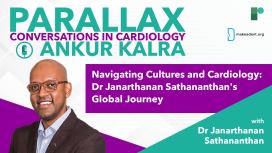
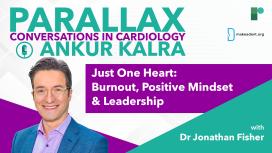
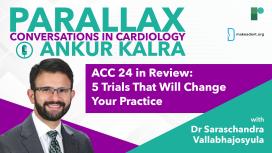
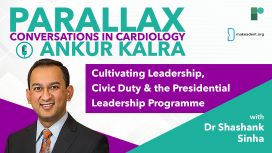
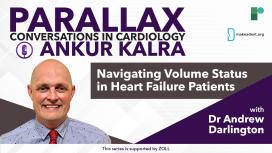
Together, Dr Kalra and Dr Darlington delve into the significance of assessing volume status in patients with heart failure, highlighting its continued relevance in 2024, including the availability of new diagnostic tools, including the Heart Failure Management System (HFMS).
This series is supported by ZOLL and is intended for Health Care Professionals.
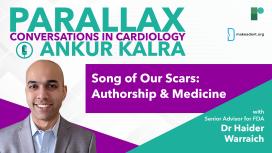
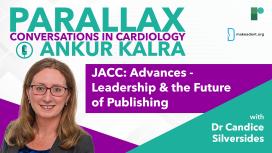
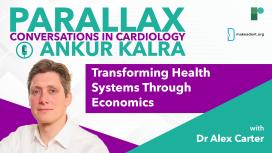
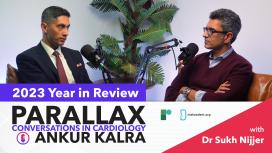
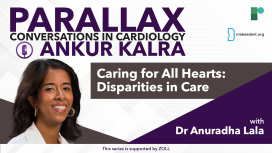
This series is supported by ZOLL and is intended for Health Care Professionals.
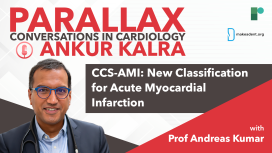

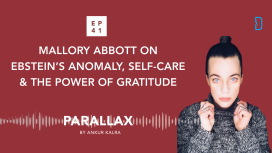
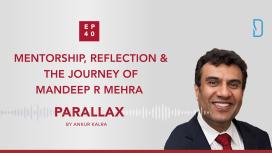
In this week’s episode Ankur’s guest is Dr Mandeep R Mehra, Medical Director of Brigham Heart and Vascular Center and Professor of Medicine at Harvard Medical School.
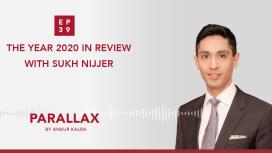
Which COVID19 patients require risk stratification with a stress test? What are the take-home messages for physicians taking care of patients diagnosed with COVID19? What were the key trials of 2020? What can we learn from the negative results of the STRENGHT study? How have studies like STOP-AF influenced clinical practice?
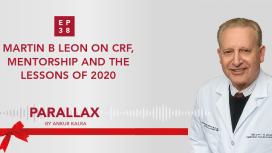
What makes Dr Martin B Leon tick? What is his message to cardiologists and/or researchers at the beginning of their careers? How did the pandemic and his work as a clinician in New York change his perspective?






